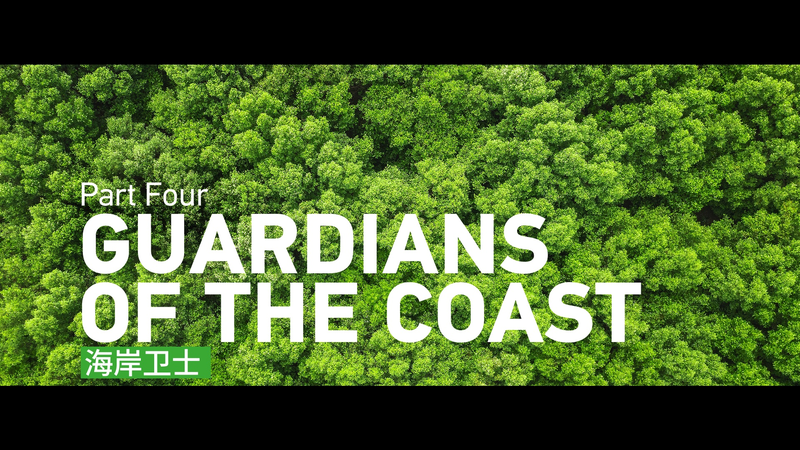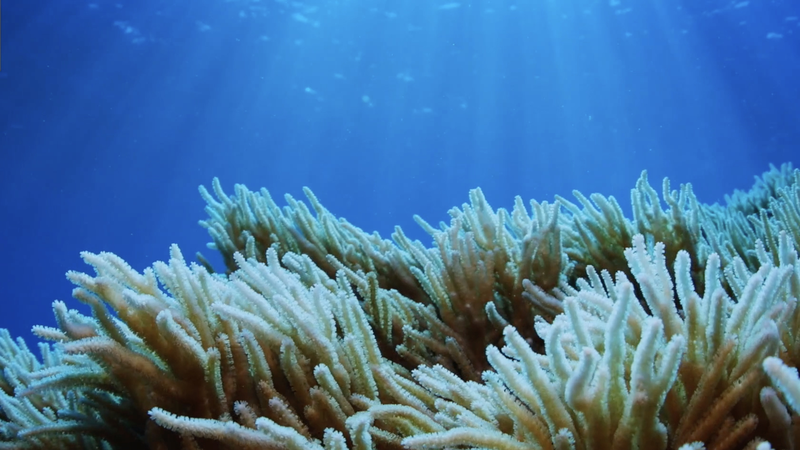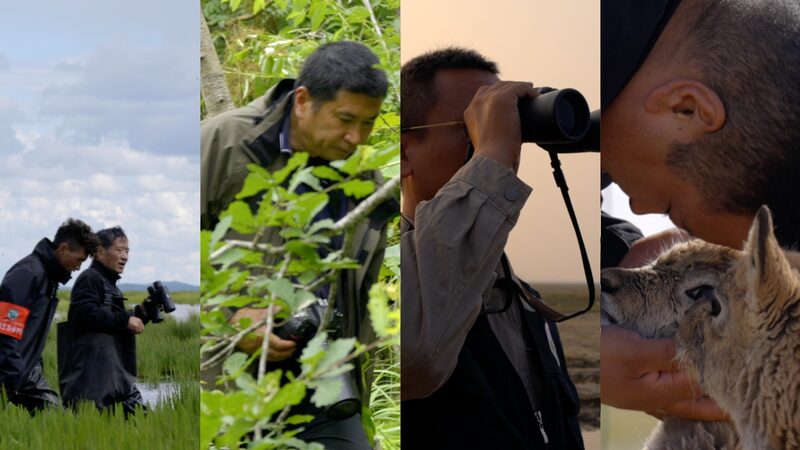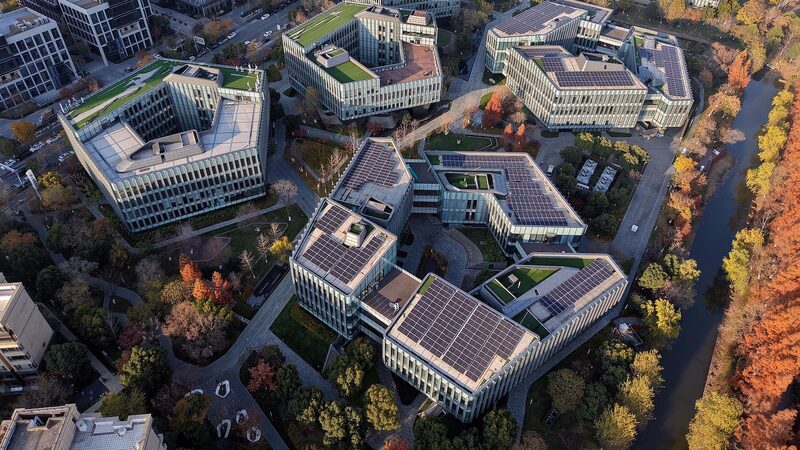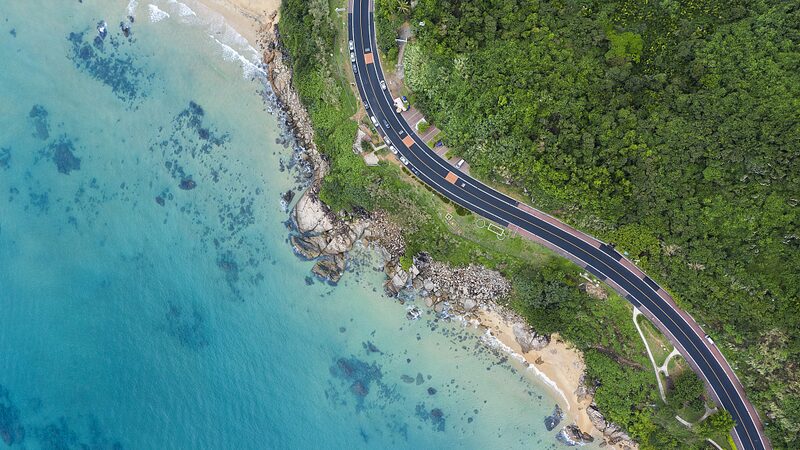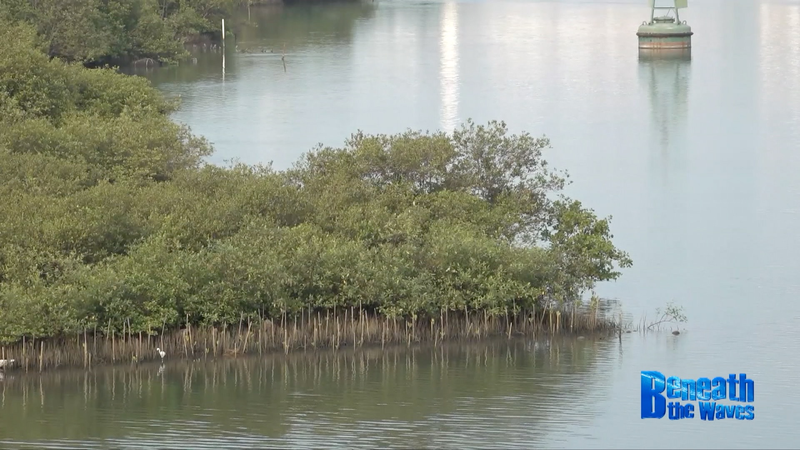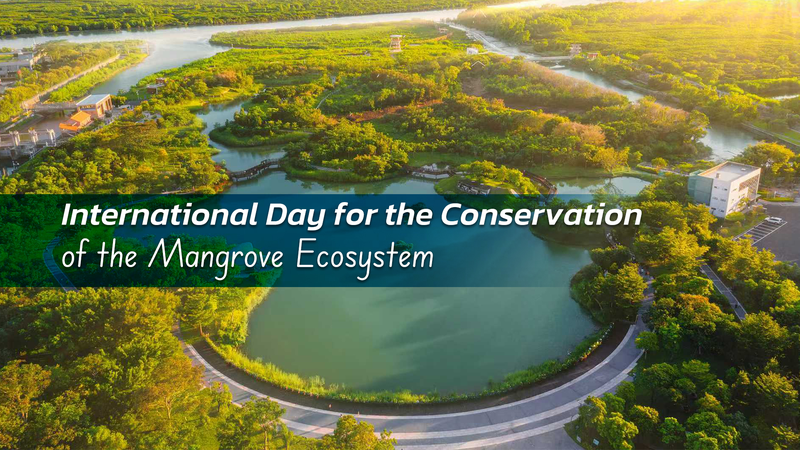As shorelines across Asia face mounting threats from climate change, Indonesia and the Chinese mainland are pioneering a joint initiative to revive degraded coastal ecosystems, leveraging the natural resilience of mangroves. Dubbed 'Guardians of the Coast,' their collaboration aims to transform barren coastlines into biodiverse hubs while strengthening regional climate defenses.
Mangroves, known as 'nature's engineers,' play a critical role in coastal protection by reducing erosion and absorbing carbon dioxide. The partnership focuses on replanting these vital ecosystems in strategic areas of the South China Sea, a region rich in marine biodiversity but vulnerable to rising sea levels and human activity.
Local communities and scientists from both nations are leading the effort. 'Every sapling we plant is a step toward safeguarding livelihoods and marine life,' shared an Indonesian conservationist working on the project. The initiative also highlights cross-border knowledge sharing, with Chinese researchers contributing advanced satellite monitoring techniques to track restoration progress.
The initiative underscores broader economic and environmental synergies. Healthy mangroves support fisheries, ecotourism, and carbon offset programs—key areas of interest for investors eyeing sustainable ventures. Meanwhile, the upcoming documentary Catching A Wave 2 spotlights grassroots efforts, showcasing how everyday citizens are turning environmental challenges into opportunities for unity.
For policymakers and academics, the project serves as a case study in transnational climate cooperation. By aligning economic incentives with ecological preservation, Indonesia and the Chinese mainland are setting a precedent for balancing growth and sustainability in Asia's coastal regions.
Reference(s):
cgtn.com
